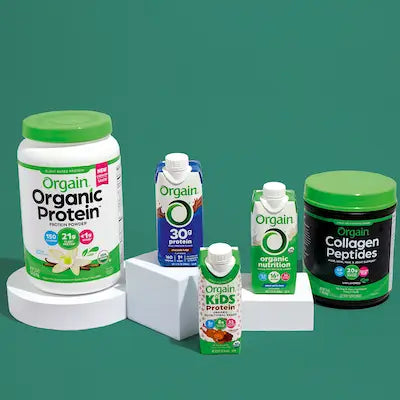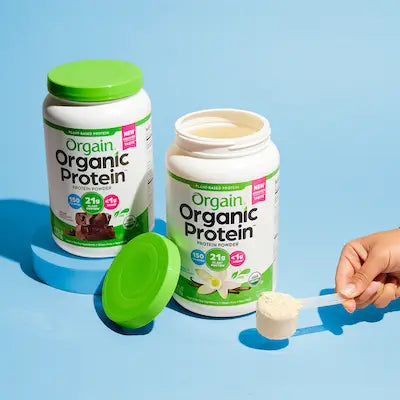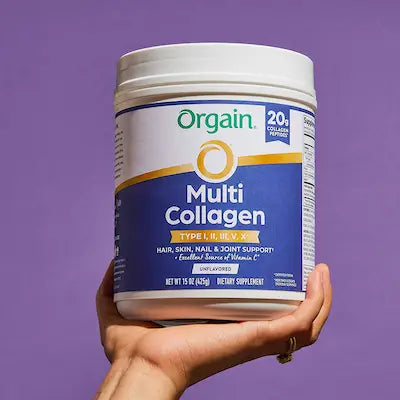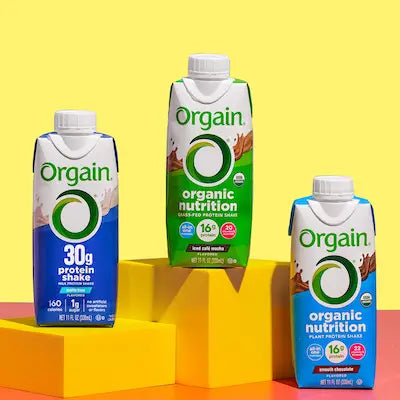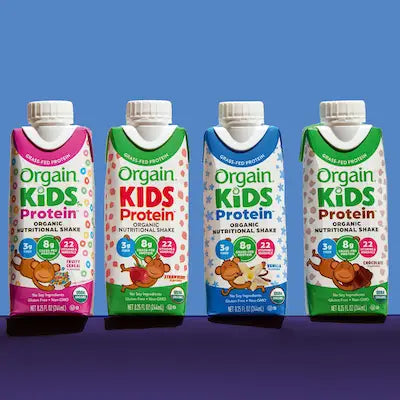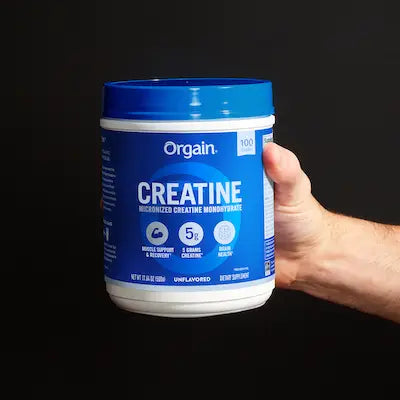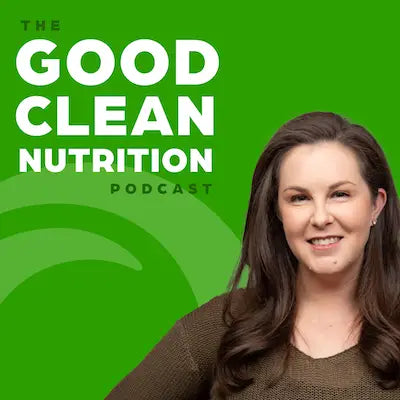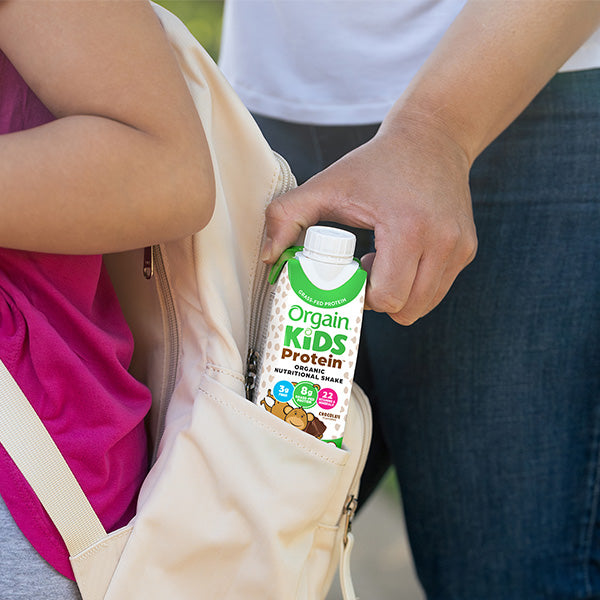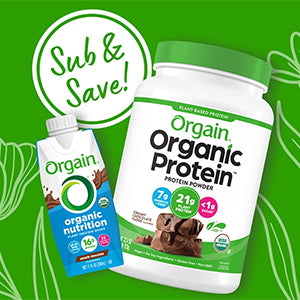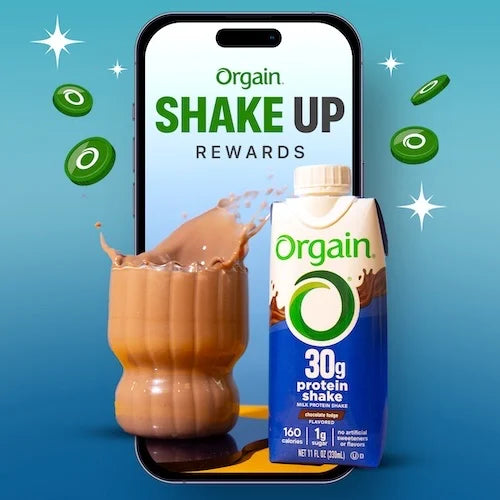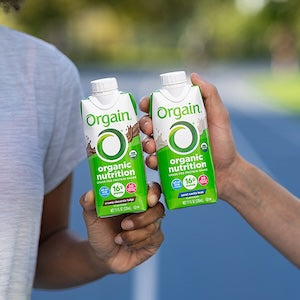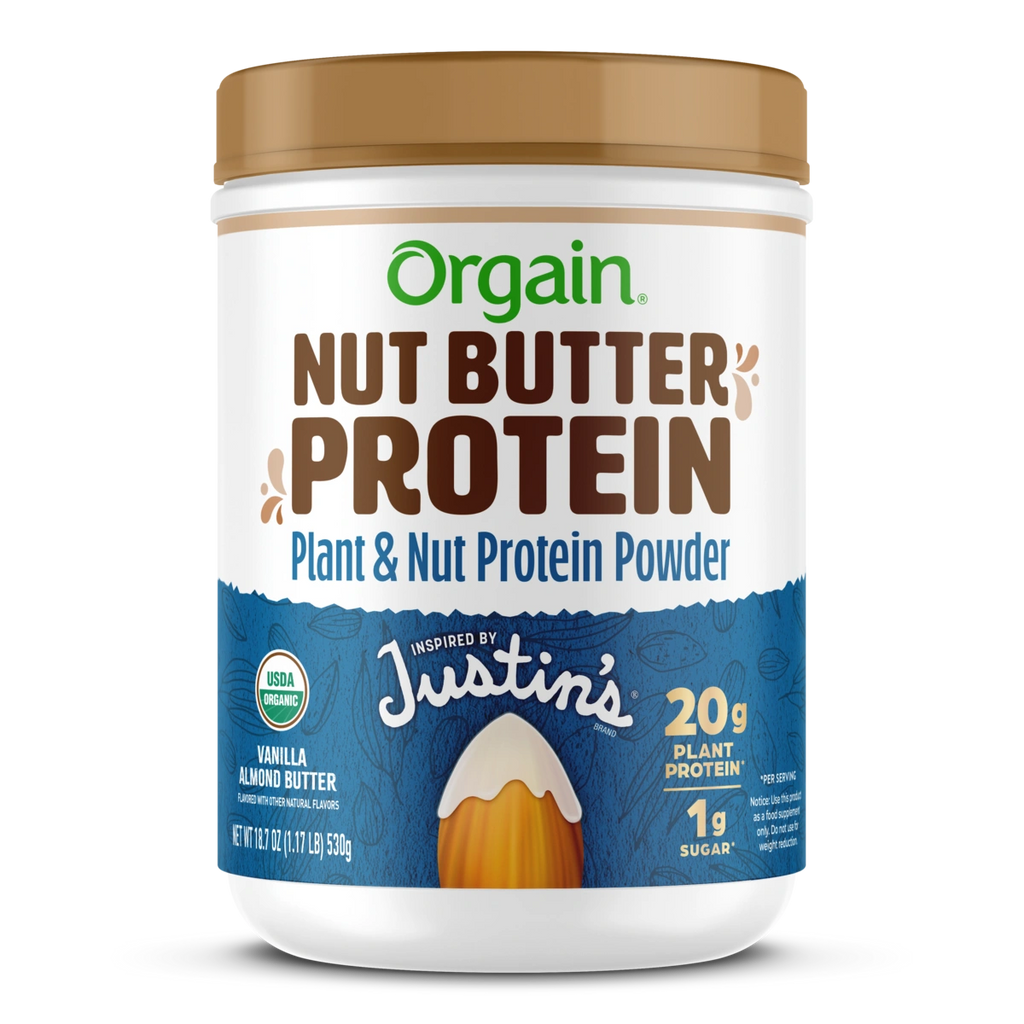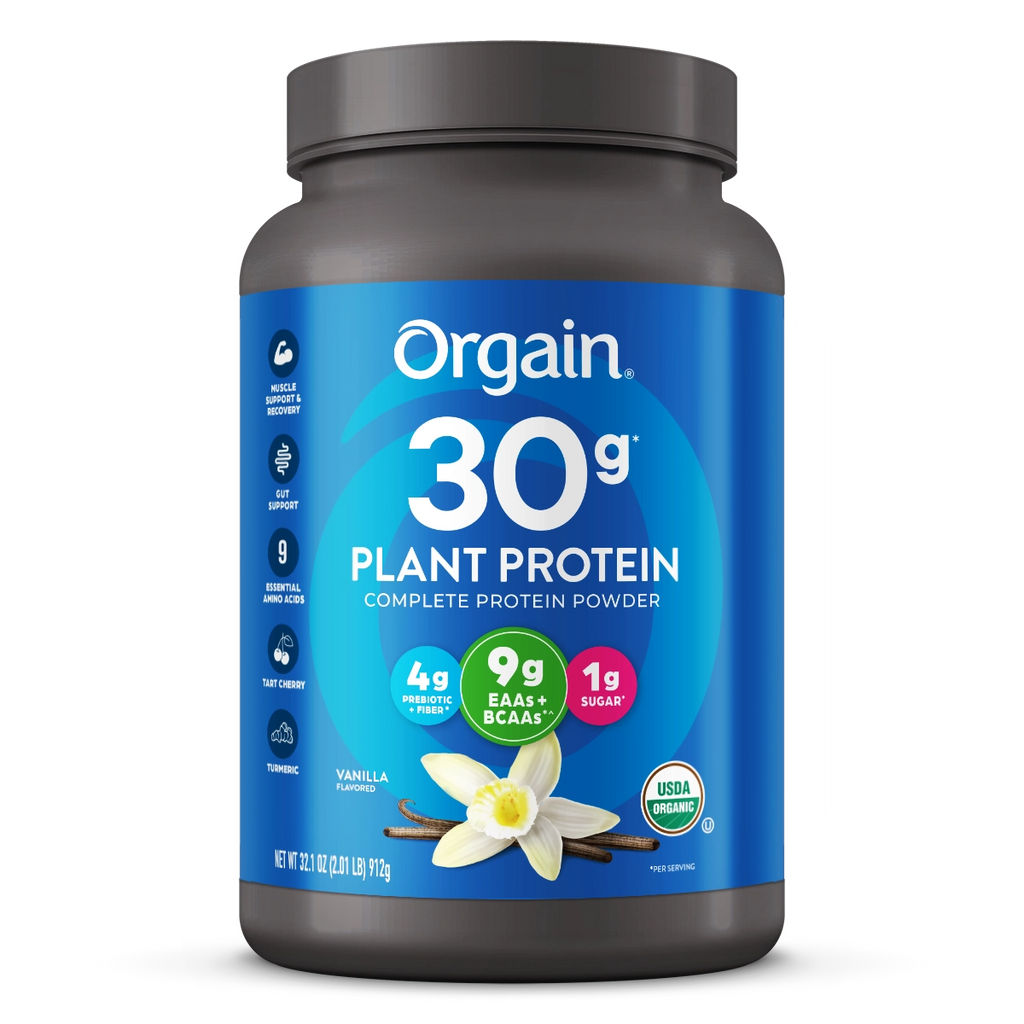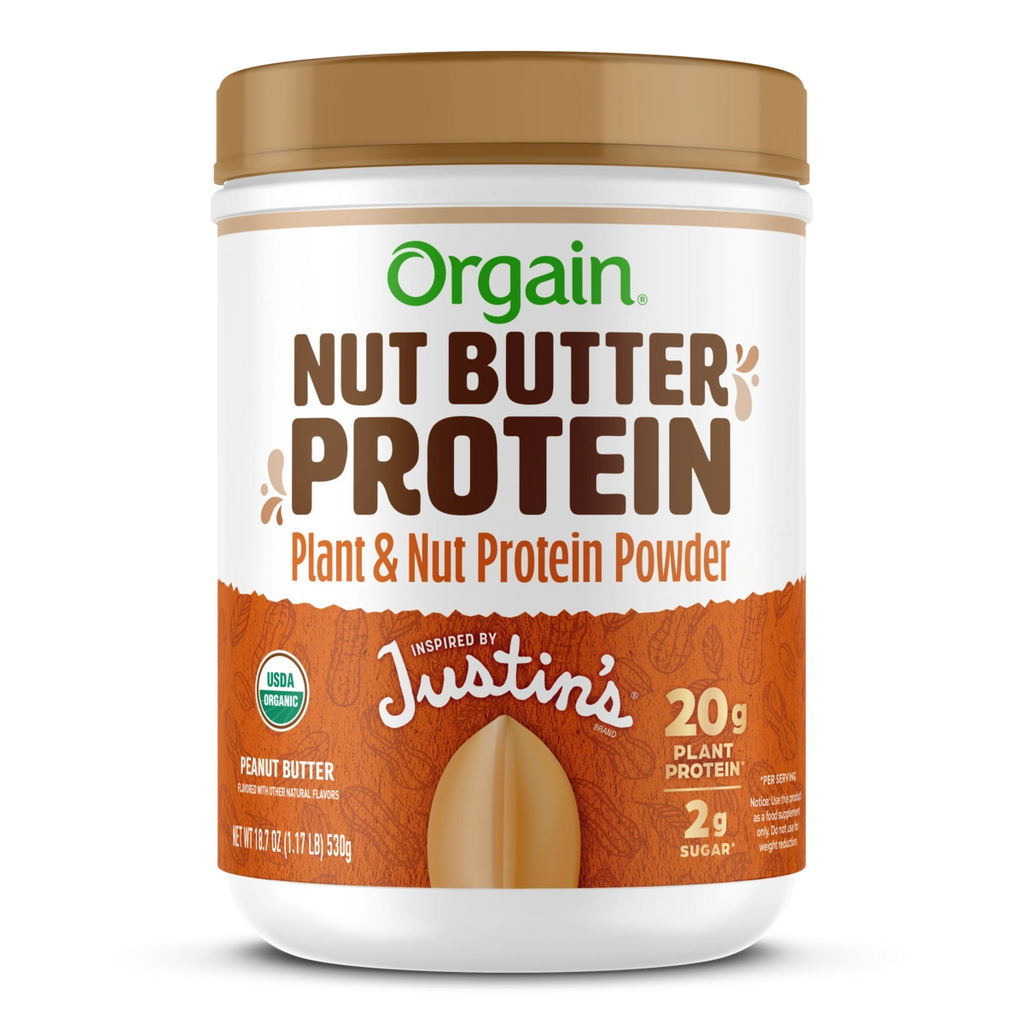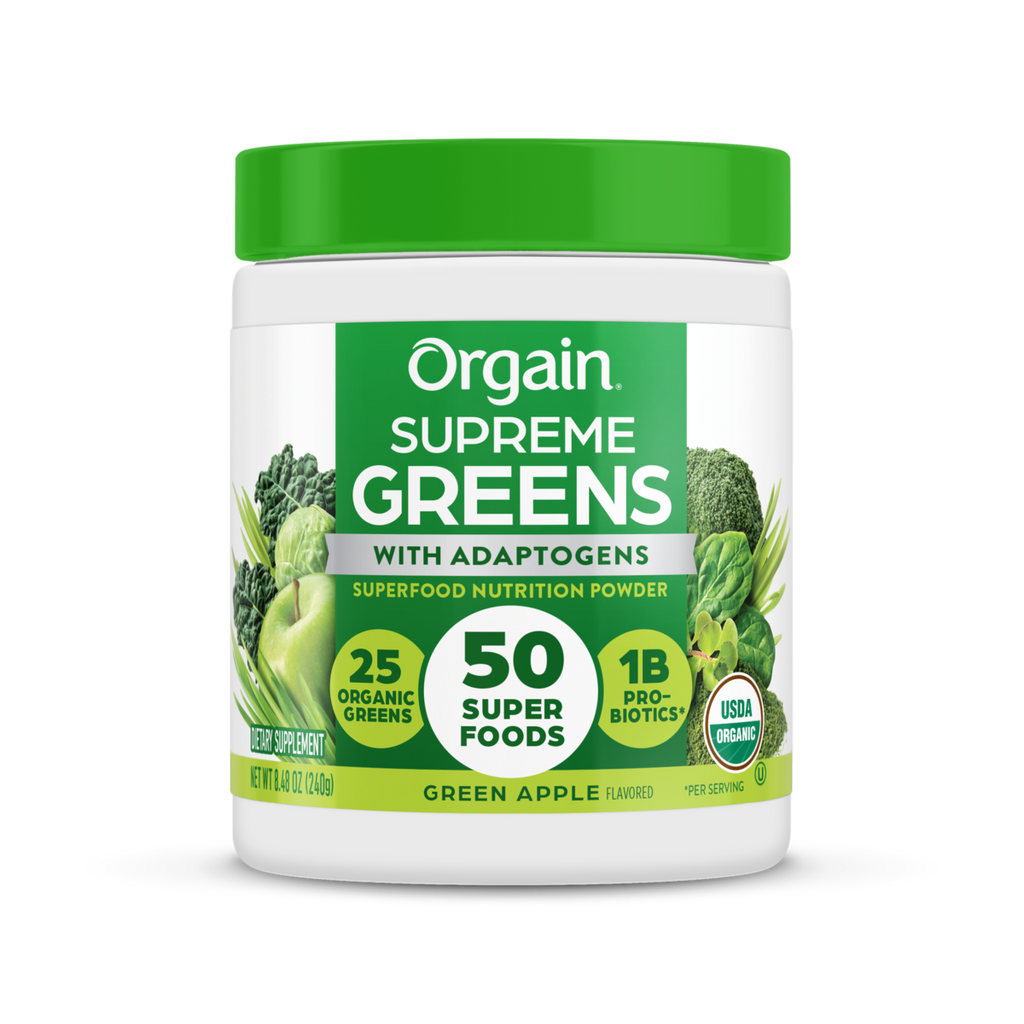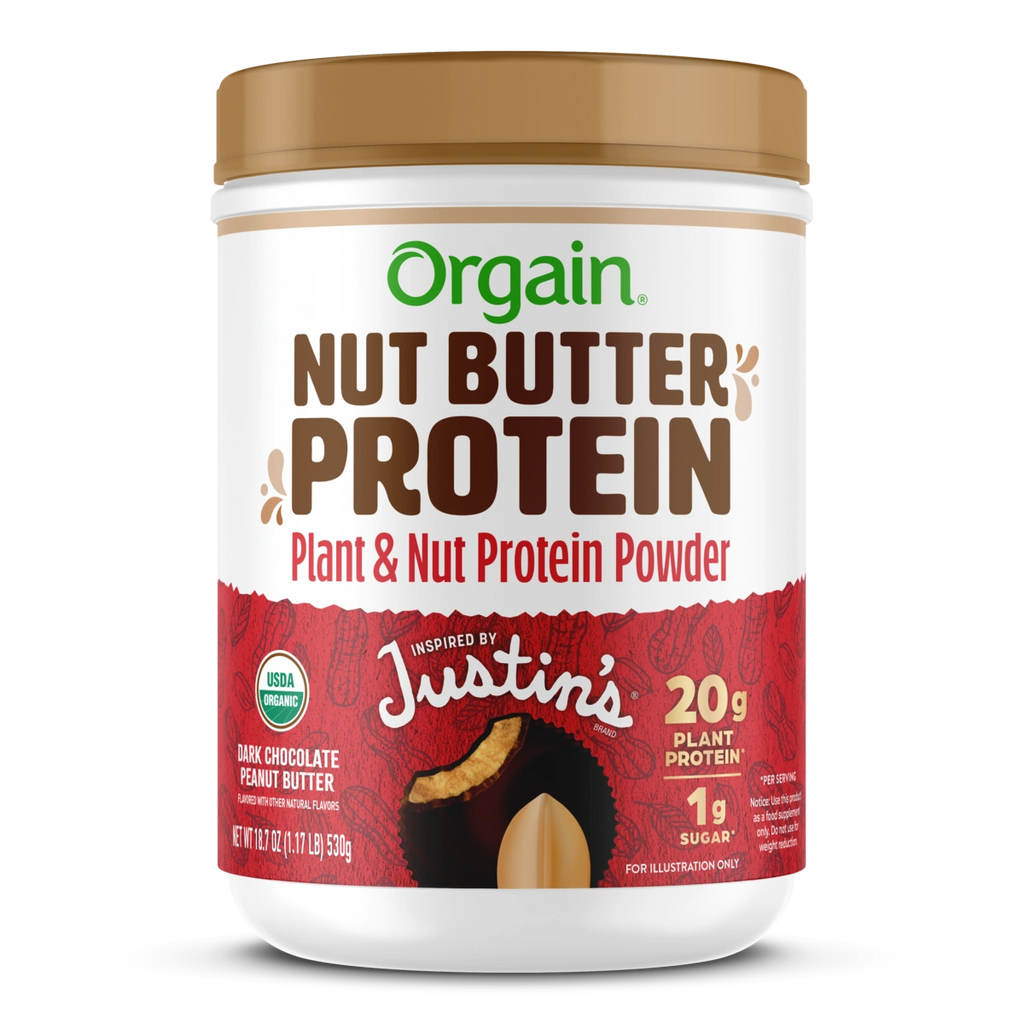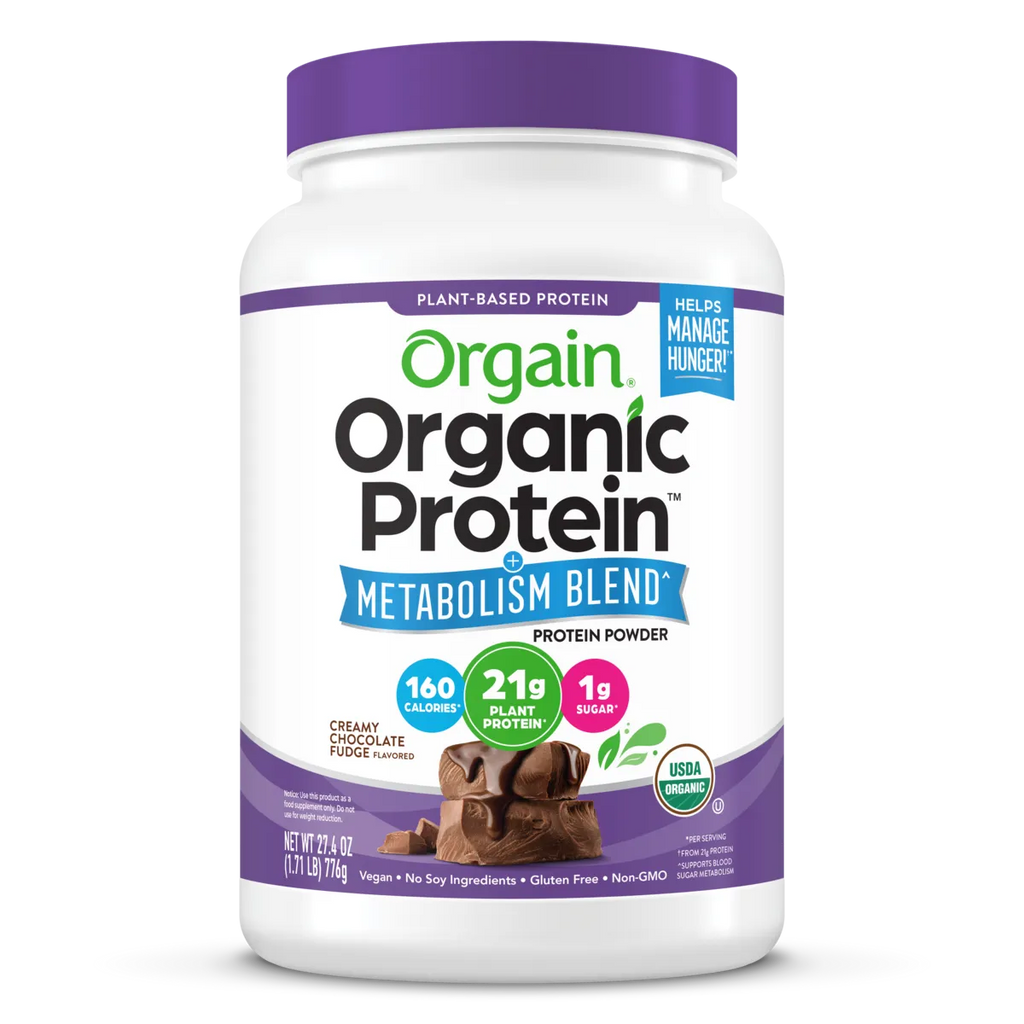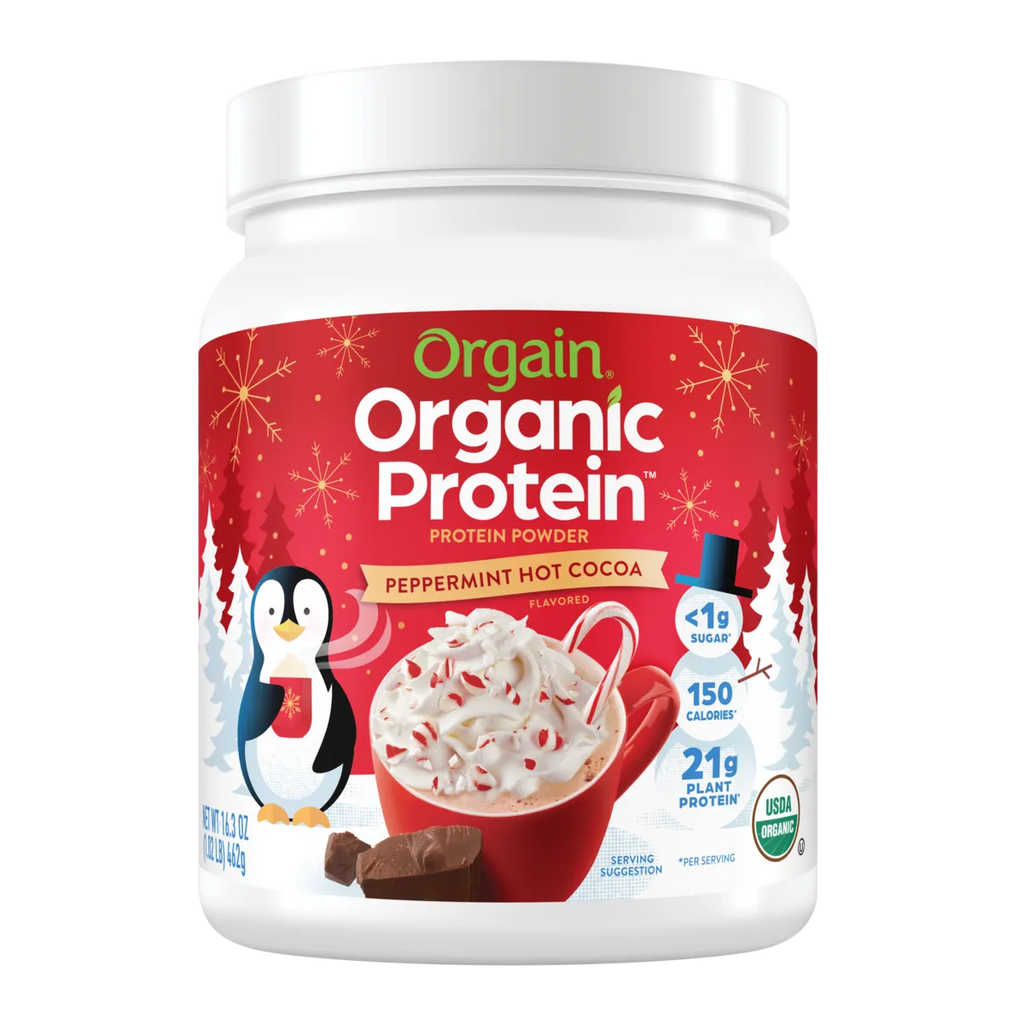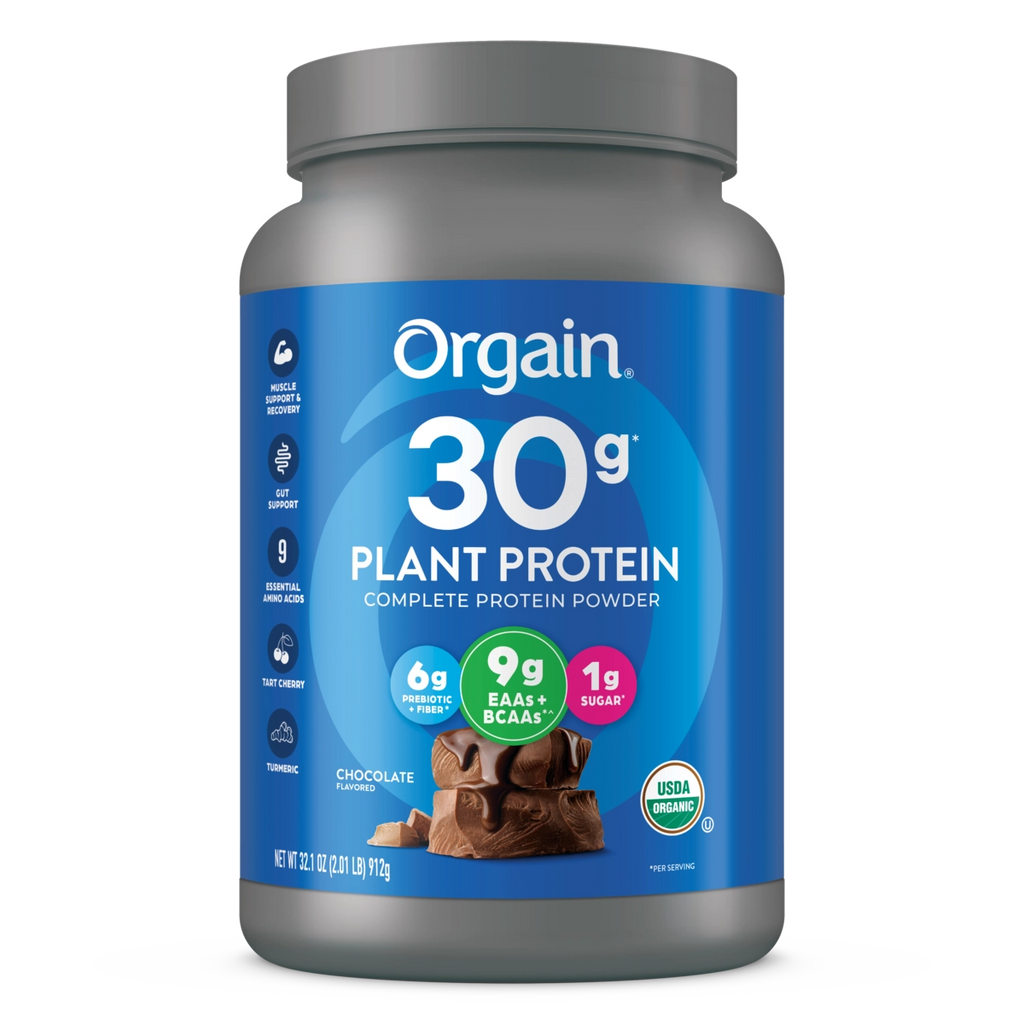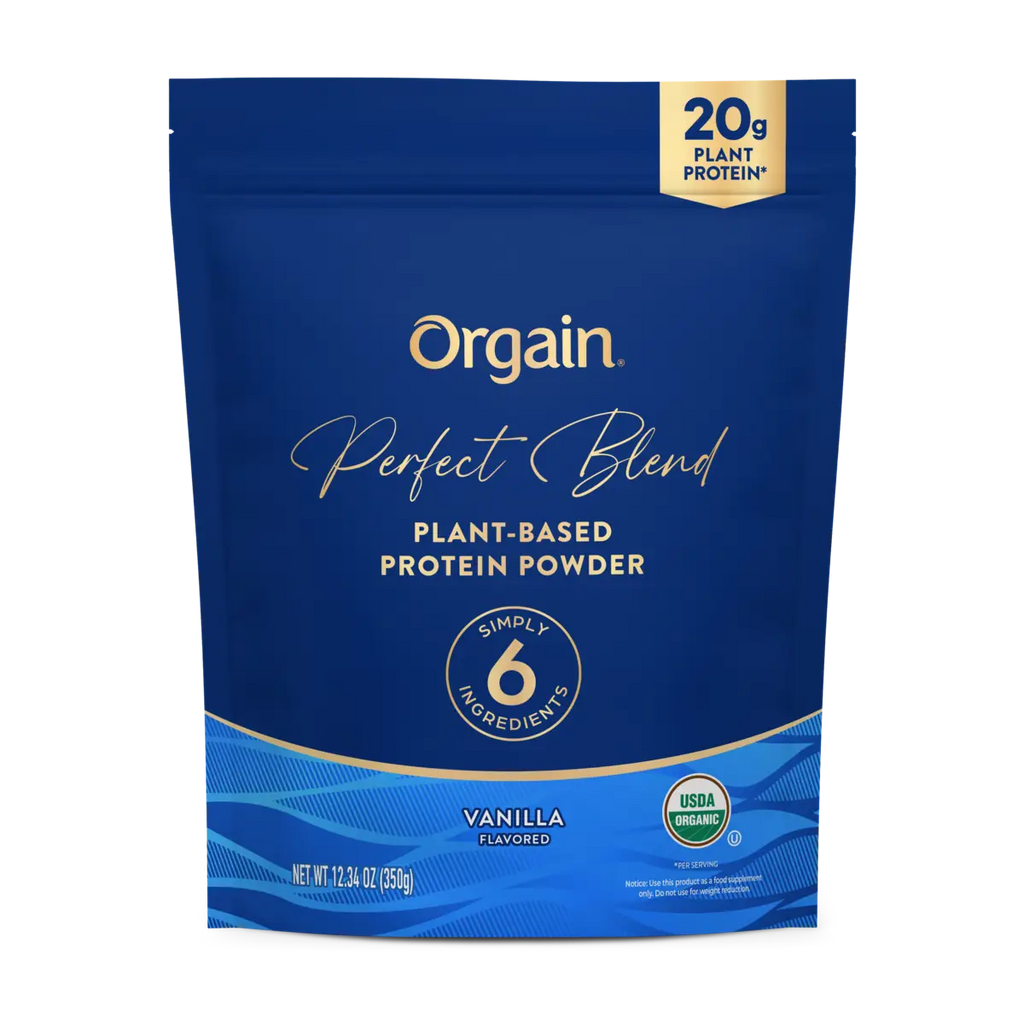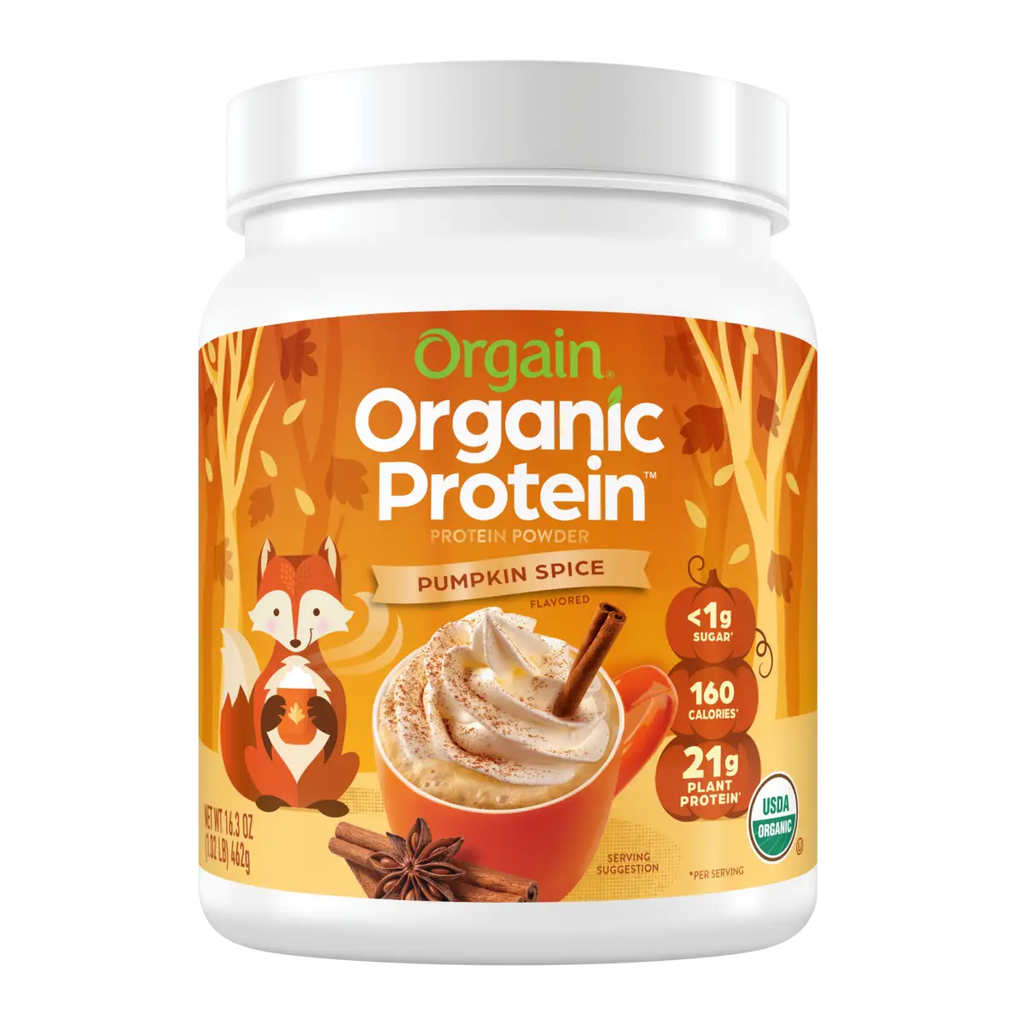Remember the “Low Fat” craze? You should, because it’s still happening. But the more we continue to learn about diet and nutrition, the more we are realizing that some fats are not only good for you, but necessary for a high functioning and healthy body. But which fats are good? Which fats are ok sometimes? And which fats should we altogether avoid? Let’s break it down.
What makes a fat “bad”?
The worst type of fats are known as “trans-fats”. Trans fats are a byproduct of hydrogenation, a process used to turn lucid fats into solids. Take a healthy vegetable oil, for example, and put it through hydrogenation and you get not-so-healthy saturated fats. You might recognize this on the grocery store shelves as margarine or vegetable shortening. Eating foods rich in trans fats increases the amount of harmful LDL cholesterol in the bloodstream and reduces the amount of beneficial HDL cholesterol. Trans fats create inflammation, which is linked to heart disease, stroke, diabetes, and other chronic conditions. They contribute to insulin resistance, which increases the risk of developing type 2 diabetes. Even small amounts of trans fats can harm health: for every 2% of calories from trans fat consumed daily, the risk of heart disease rises by 23%. Are there any benefits to trans fats? No, and thanks to a lot of hard work from doctors, nutritionists, registered dietitians and health educators, these mainly man-made fats are rapidly fading from the food supply. Tip: When looking at food labels, these unhealthy fats are found in an ingredient labelled as “partially hydrogenated oil."
What makes a fat “good”?
Good fats come mainly from vegetables, nuts, seeds, and fish. Healthy fats are liquid at room temperature, not solid. Does olive oil come to mind immediately? Good, it should and if you’re a fan of the EVOO, you’re on the right track. There are two broad categories of beneficial fats: monounsaturated and polyunsaturated fats.
Monounsaturated fats
Good sources of monounsaturated fats are olive oil, peanut oil, canola oil, avocados, and most nuts, as well as high-oleic safflower and sunflower oils. In the 1960s we discovered that monounsaturated fats could be healthful thanks to what is called The Seven Countries Study. This study was the first to investigate diet and lifestyle along with other risk factors for cardiovascular disease, across contrasting countries and cultures and over an extended period of time. It revealed that people in Greece and other parts of the Mediterranean enjoyed a high fat diet but experienced a low rate of heart disease. The key difference was discovered to be the type of fat they were eating. Instead of cooking with animal fats, common in other countries that were suffering from higher rates of heart disease, these countries were consuming almost primarily olive oil, which contains mainly monounsaturated fat. The "Mediterranean diet” is regarded as one of the healthiest, balanced, and most flavorful ways to eat. Although there's no recommended daily intake of monounsaturated fats, the Institute of Medicine recommends using them as much as possible along with polyunsaturated fats to replace saturated and trans fats.
Polyunsaturated fats
If you pour your cooking oil (versus using a solid like butter or margarine), you are likely using polyunsaturated fats. These are the essential fats, meaning they're required for normal body functions but your body can't make them. So where do they need to come from? Good nutrition. There are two main types of polyunsaturated fats: omega-3 fatty acids and omega-6 fatty acids. Good sources of omega-3 fatty acids include fatty fish such as salmon, mackerel, and sardines, flax seeds, walnuts, canola oil, and unhydrogenated soybean oil. Foods rich in linoleic acid and other omega-6 fatty acids include vegetable oils such as safflower, soybean, sunflower, walnut, and corn oils. Tip: When looking for cooking oils at the grocery store, consider common examples of polyunsaturated fat like corn oil, sunflower oil, avocado oil, or safflower oil.
Are there “in between” fats?
The “in-between fats” are the most commonly found fats in the American diet. Saturated fat has long been linked to heart disease, but recent studies have muddied the waters a little bit. While these studies show that saturated fats may not cause heart disease, they also show that replacing them with “good fats”, or monounsaturated and polyunsaturated fats, may in fact help prevent heart disease. These “in between” fats are solid at room temperature but become liquid when heated--think cooled bacon grease. They can also be found in red meat, whole milk and other whole-milk dairy foods, cheese, coconut oil, and many commercially prepared baked goods and other foods. So, while occasional enjoyment of these saturated fats may not be the end of the world for healthy individuals, replacing them with good fats may be the best possible choice.
How can I easily incorporate healthy fats?
Packing your smoothies with clean protein, leafy greens, frozen berries, nuts and seeds is not only delicious and satisfying (and often Instagrammable), but also a great way to make sure you’re getting all of the nutrients and healthy fats your body requires. Avocado, chia seeds, and nut butters are great healthy fat ingredients. BONUS: They taste amazing. Here are some recipes to get you started: Microgreens Smoothie Bowl Creamy Chocolate Avocado Toast Protein Chia Pudding
